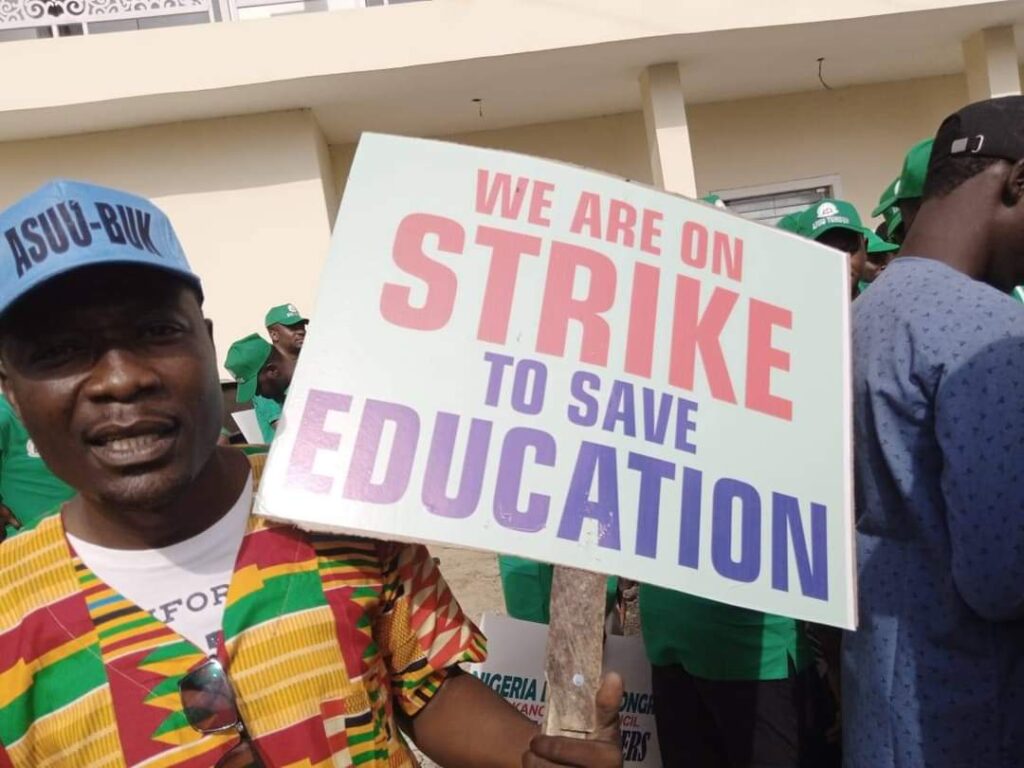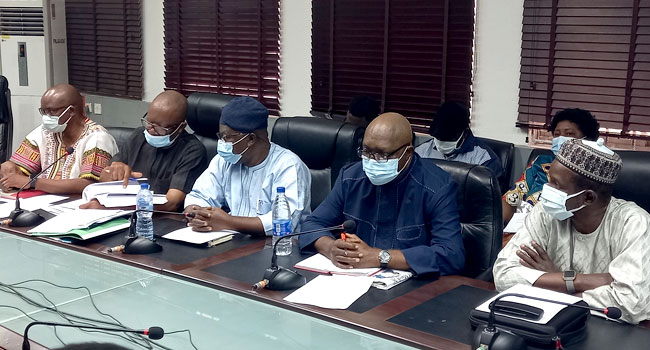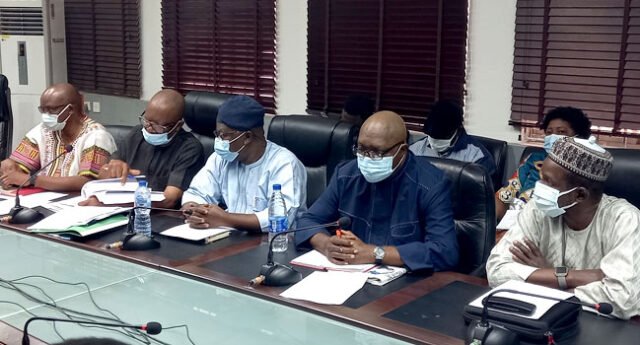The Academic Staff Union of Universities (ASUU) has declared Tuesday, August 26, 2025, as a day of nationwide protest across Nigerian public university campuses. This follows weeks of rising discontent over what the union describes as the Federal Government’s continued neglect of lecturers’ welfare and the failure to address critical issues in the education sector.
In a communiqué released after its National Executive Council (NEC) meeting at Usmanu Danfodiyo University, Sokoto, the union announced that every ASUU branch will stage a protest on the set date, accompanied by press briefings. The protests, ASUU said, are not simply about agitation but about drawing national attention to the plight of Nigerian universities and the worsening conditions of academic staff.
ASUU President, Professor Christopher Piwuna, stressed that the decision was unanimous and long overdue. He explained that lecturers have endured months of withheld salaries, broken promises on renegotiated agreements, and government attempts to impose policies on the union without proper dialogue.

Loan Scheme Rejected, Lecturers Demand Withheld Salaries
A major flashpoint in ASUU’s grievances is the Federal Government’s recent introduction of the Tertiary Institutions Staff Support Fund (TISSF), a loan scheme meant to provide financial relief for lecturers. ASUU, however, firmly rejected the initiative, arguing that it amounts to a subtle way of making the union a guarantor for loans it neither demanded nor negotiated.
“We were never consulted, yet they want to force our members into a scheme that treats us like debtors instead of professionals who have earned their dues,” the union said.
Instead of loans, ASUU insists on the payment of the three and a half months of salaries still withheld from its members following previous industrial actions. According to Professor Piwuna, clearing these arrears would do far more to restore dignity to lecturers than pushing them into avoidable debts.
This position reflects a long-standing frustration: lecturers in Nigeria often feel undervalued and sidelined, despite being at the heart of the nation’s intellectual and professional development. Many university workers argue that loans are a distraction from the real problem — a government unwilling to fulfil its obligations.
Unresolved Agreement and Call for Genuine Negotiations
Beyond salaries, ASUU expressed deep concern over the Federal Government’s failure to renegotiate the 2009 FGN-ASUU Agreement, a document that covers key issues such as university autonomy, academic freedom, working conditions, and sustainable funding for tertiary education.
The union pointed out that recommendations submitted by the Yayale Ahmed-led committee have been left unattended for months, a delay ASUU described as deliberate and dangerous. “What we are asking for is not luxury; it is the bare minimum needed to make our universities functional and globally competitive,” the communiqué stressed.
To address the issue of payroll systems, ASUU also announced plans to roll out the Tertiary Institutions Transparency and Accountability Solution (TITAS). This new platform is designed to replace the University Transparency and Accountability Solution (UTAS) and serve as an alternative to the controversial IPPIS scheme, which lecturers have consistently opposed for undermining university autonomy.
Education experts note that this is not just about technology but about principle: ASUU wants a system built around transparency, flexibility, and recognition of the peculiarities of academic work, rather than a one-size-fits-all solution imposed by the government.

A Defining Moment for Nigeria’s Education Sector
The August 26 protest is expected to be one of ASUU’s most coordinated demonstrations in recent years. Each branch will hold rallies and press briefings to voice the frustrations of their members, and to send a message that the current state of neglect cannot continue.
Observers say the protest is more than just another industrial action threat; it is a litmus test of the government’s willingness to engage sincerely with academics. If ignored, the protests could lay the groundwork for yet another nationwide strike — a scenario that would once again disrupt the academic calendar and leave students stranded.
Parents and students, already weary of repeated disruptions in Nigeria’s higher education system, are watching closely. Many have expressed sympathy for lecturers’ demands but also worry about the impact prolonged protests or strikes may have on academic timelines. For students in their final year or those preparing for national service, any further delay could be particularly devastating.
Education analysts also argue that the issue goes beyond ASUU and the Federal Government; it is about the future of Nigeria’s intellectual capital. Years of underfunding and neglect have left public universities struggling with decaying infrastructure, inadequate research funding, and a brain drain that sees some of the country’s best minds leave for opportunities abroad.
The August 26 protest, therefore, represents more than withheld salaries — it is a symbolic struggle for the survival of Nigeria’s public universities.

Conclusion: Protest as a Turning Point
As the date approaches, Nigerians await the Federal Government’s response. Will it engage with ASUU constructively, or will it maintain its current stance of deferral and piecemeal solutions?
The outcome could shape the next phase of Nigeria’s education sector. If the government seizes this moment to settle disputes and implement reforms, the protest might mark a turning point for the better. If not, the crisis could deepen, with consequences for students, lecturers, and the nation’s future development.
For now, ASUU has made its position clear: on August 26, the union will be on the streets and campuses, demanding respect, fairness, and genuine commitment to rebuilding Nigerian universities.
Join Our Social Media Channels:
WhatsApp: NaijaEyes
Facebook: NaijaEyes
Twitter: NaijaEyes
Instagram: NaijaEyes
TikTok: NaijaEyes
READ THE LATEST EDUCATION NEWS





